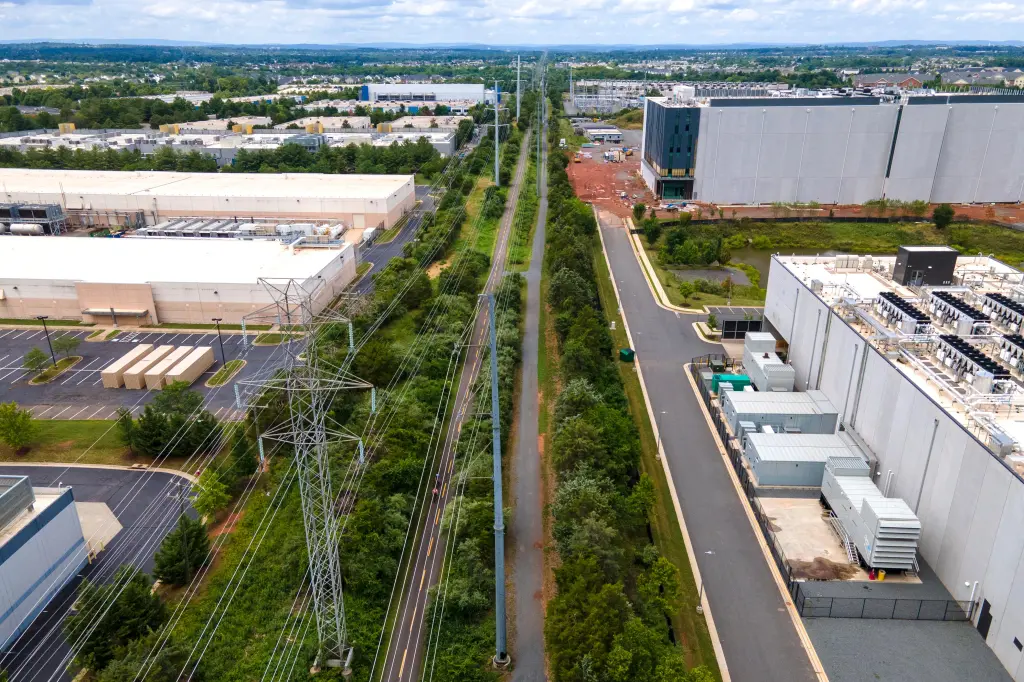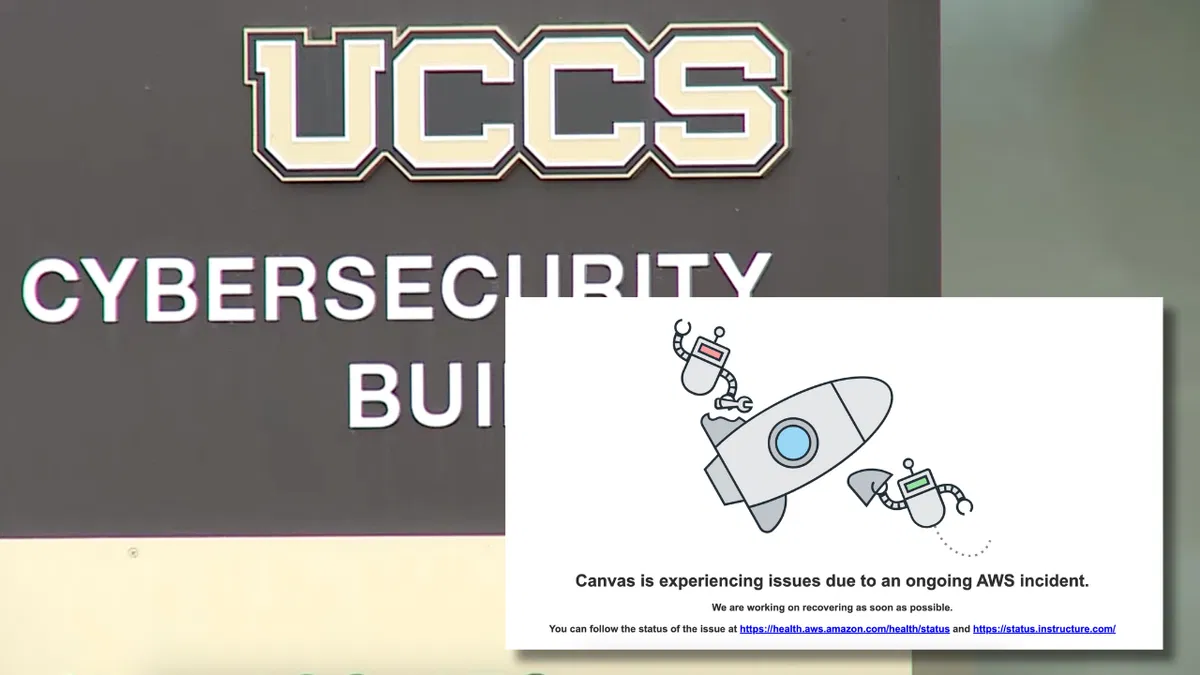Copyright Norfolk Virginian-Pilot

Virginia has made tremendous progress in strengthening its infrastructure. In CNBC’s America’s Top States for Business, the commonwealth ranked 32nd for infrastructure in 2016. This year, Virginia ranked second. That dramatic improvement is a clear sign that strategic investments are paying off. But while we should celebrate this progress, we cannot afford to become complacent. Continued investment is critical if the commonwealth wants to remain competitive in the decades ahead. Infrastructure today looks very different than it once did. Traditionally, it meant power grids, roads, ports and bridges. Now, advances in technology have made fiber-optic networks, hyperscale data centers and electric-vehicle charging stations equally vital and additive to the aging basic underpinnings that remain critical. Virginia’s economic future depends on recognizing this shift and ensuring our infrastructure is modern, efficient and resilient through strategic investments in transportation, broadband and energy. We are seeing tangible results from our transportation investments. Projects that reduce congestion, improve safety and connect our urban and rural communities have strengthened Virginia’s economy. To build on this momentum, we must continue to prioritize initiatives that support job creation, boost economic output and efficiently move goods and services through the commonwealth. Infrastructure is not just concrete and steel anymore — it includes the digital connectivity that drives modern life. The COVID-19 pandemic highlighted the critical need for high-speed internet in every corner of the state. The Virginia Chamber of Commerce strongly supports public-private partnerships that expand broadband access, ensuring that every Virginian has the tools they need to participate in the modern economy, whether it’s for telework, health care, education or running a small business. Our energy grid is also a vital piece of this infrastructure network. As Virginia attracts more technology focused companies, data centers and advanced manufacturers, the demand for energy grows exponentially. Consumer demand is also increasing with the proliferation of smart devices, electric vehicles and other technologies that require always-on power. Yet transmission projects face potentially significant delays, limited delivery dates for large-scale loads, and little to no new generation investment. Virginia must take a proactive approach to support new power generation if we are to maintain reliable, affordable energy and continue attracting business investment. A diverse energy portfolio — from renewables to natural gas, nuclear and emerging technologies — is essential to ensuring reliability, meeting future demands and avoiding costly disruptions. None of this is possible without a modern, efficient permitting process. Unpredictable, non-transparent and duplicative permitting processes create delays and increase costs. Whether the project is a new road, an electrical transmission line or a data center, a transparent and timely process is essential. Improving the permitting process does not mean sacrificing environmental stewardship or public input, nor does it mean approving projects for the sake of approval. Programs such as the Virginia Permit Transparency Initiative and the Virginia Business Ready Expedited Permitting Program have laid a strong foundation, but more work is needed to improve consistency, particularly at the local government level. Virginia should also support efforts at the federal level to improve permitting, especially improvements to the National Environmental Policy Act. Virginia has proven that strategic investments deliver results, but the work is far from finished. We applaud our leaders for the progress made, but we must continue planning for the long term. By making strategic, forward-thinking investments in our transportation, broadband and energy infrastructure, we can ensure Virginia remains a top state for business for generations to come. Keith Martin of Richmond is the interim president and chief executive officer of the Virginia Chamber of Commerce. He has more than 20 years of experience in public policy and business advocacy, acting as a significant contributor to the policies handed to the Virginia governors in Blueprint Virginia, a comprehensive business plan for the commonwealth. Email him at k.martin@vachamber.com.



